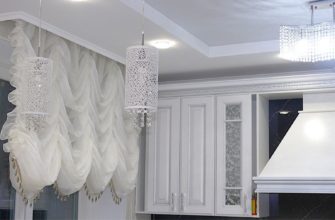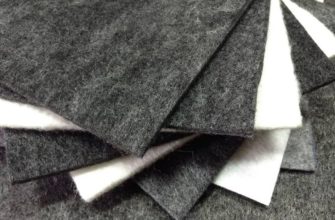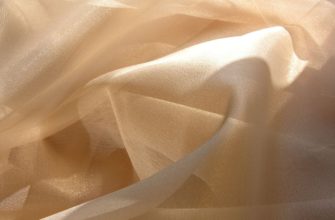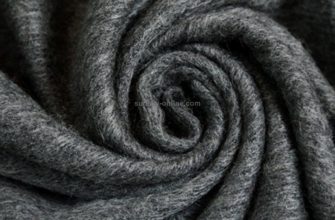There are things that you want to wear all the time. These include products made of angora, they are warm and soft, they warm you up in the cold. Woolen angora fabric is a special type of material that gives the owner of things special warmth and comfort. What kind of fabric it is, you need to figure out before buying clothes from the material in question.
What kind of fabric is this?
Angora fabric, what is it and what can be sewn from it? Angora is a material obtained from the fluff of a special breed of goats and rabbits. Rabbit fluff is not very durable, so other fibers are introduced into the fabric for strengthening. Sometimes manufacturers make fabric from the wool of fine-wool breeds of sheep, but it is inferior in all characteristics to real angora fabric.
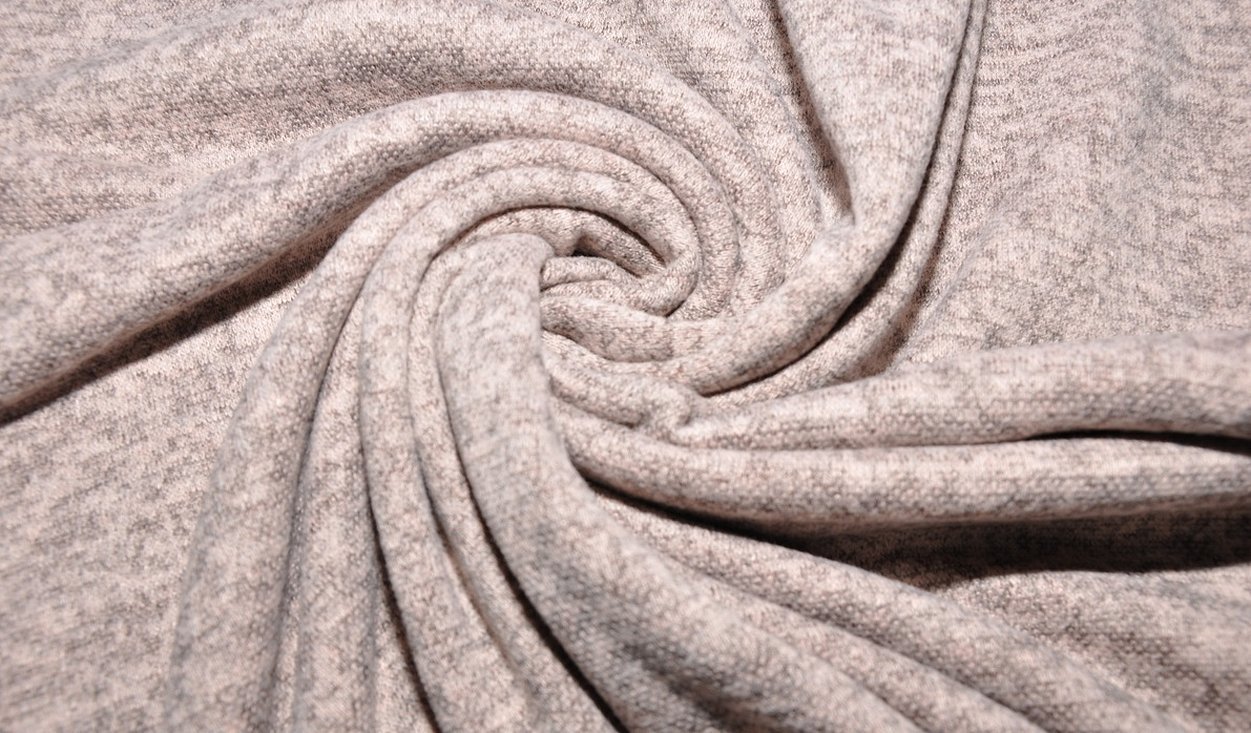
Natural angora down is dyed white, gray and black. They are easy to dye, so stores sell dresses and suits of various colors. Products made from this material can be distinguished by how warm they retain when worn. Items made from natural angora down are so light that they are almost weightless.
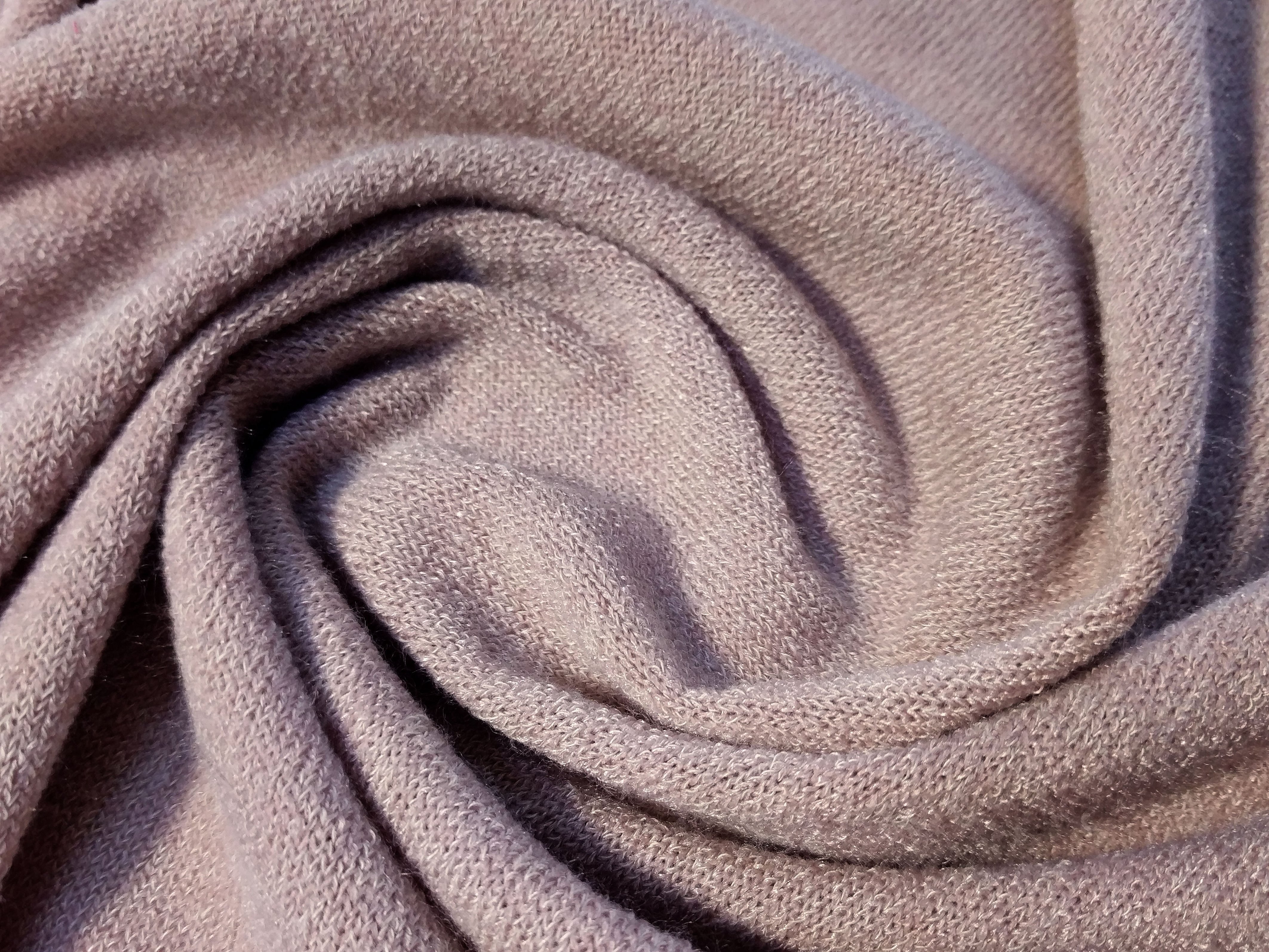
History of the appearance of fabric
The original source of fibers for the unusual fabric was a special breed of goats with long wool, which were bred only in Turkey. They were brought to Europe and began to be actively bred in the 16th century. The breed of goats got its name from the capital of Turkey, Ankara, which in ancient times was called "Angira", which later gave the breed of goats a slightly distorted name - Angora.
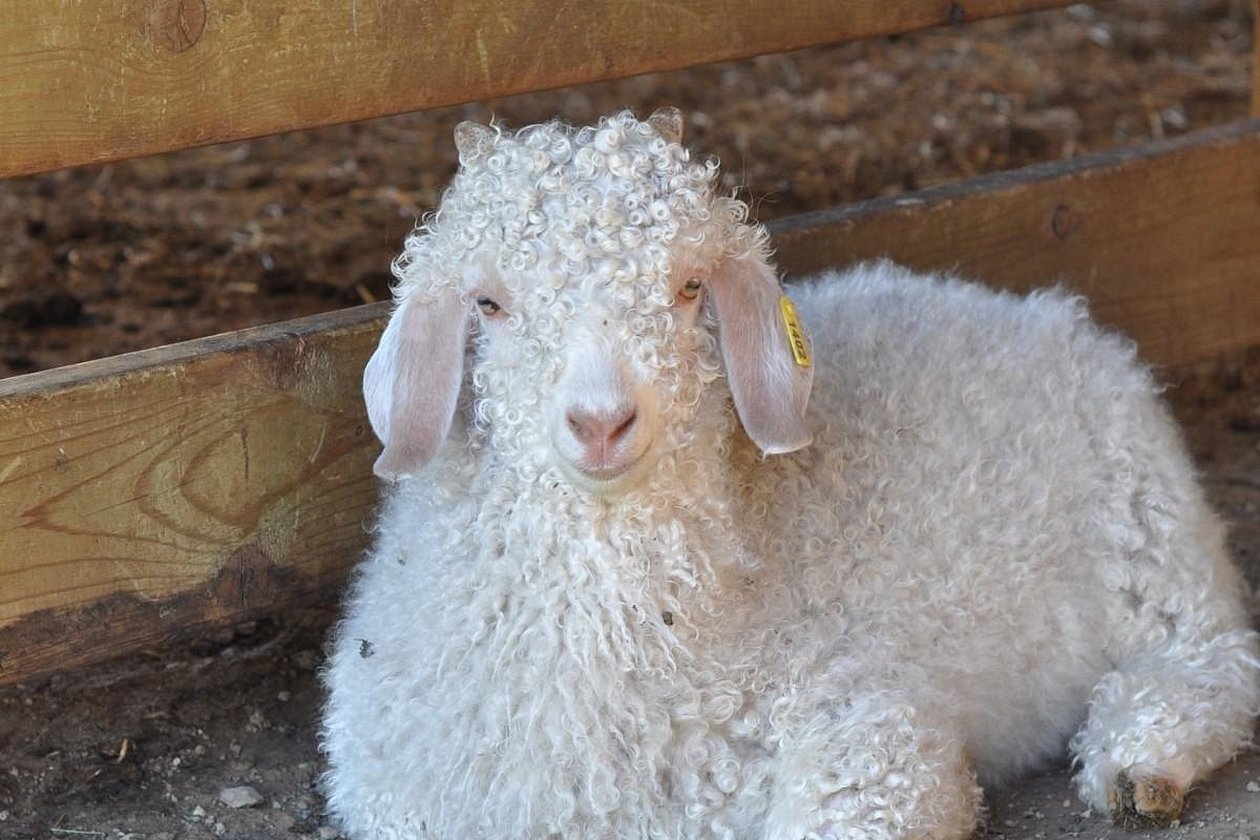
Goats are small in size but have very long hair, which feels soft and silky and warm to the touch. It has an unusual shine and glow, reflecting sunlight.
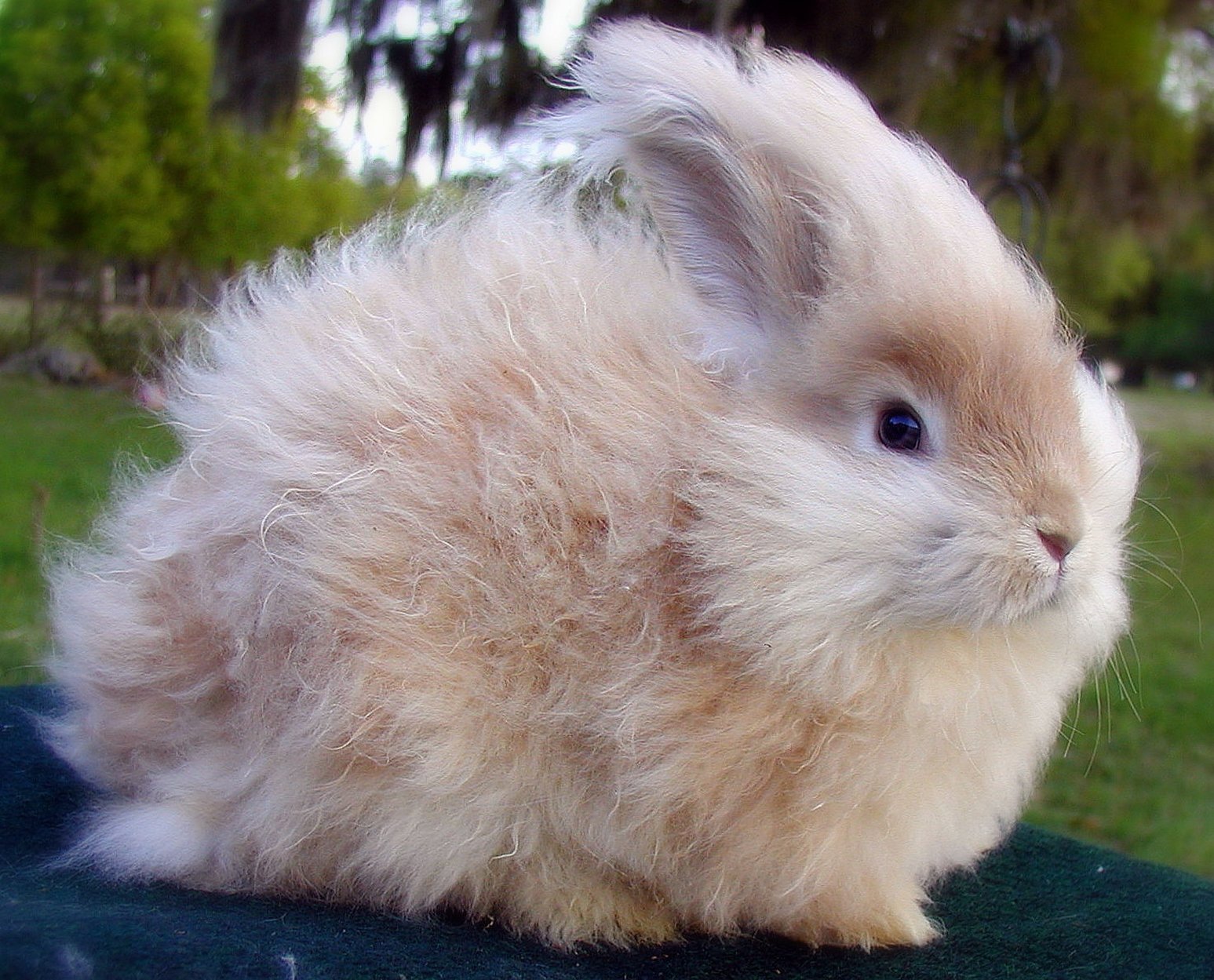
Goats are difficult to keep, they do not take root and feel good everywhere. Therefore, breeders have developed the Angora rabbit, a small and unpretentious animal. If a goat gives 4-8 kg of wool when sheared, then a rabbit only 0.5-1.5 kg of fluff. Its length is also shorter: a goat's is 25-35 cm, and a rabbit's is 8-10 cm. In its pure form, rabbit fluff is not used to produce material, it will be fragile.
How Angora Wool Is Obtained
The fluff of the Angora rabbit is cut with special scissors or electric nippers. It is not always plucked by hand. Some countries have considered this method inhumane to animals and have outlawed it. However, the wool obtained in this way is considered high-quality due to the good quality of the fur. The fur is taken from the rabbit when its length reaches 7-12 cm.
Angora goats produce a white and shiny fiber called "mohair". It can look different, and it depends on how many times a year the animal is sheared. If the wool is removed twice a year, the hair length is only 10-15 cm, if once - 20-30 cm.
Please note! When kids under one year of age are sheared, the resulting wool is very soft and fine and of the highest quality.
Composition and characteristics
What does angora material consist of, what is it - natural fabric or synthetic. Often, natural wool of angora rabbits is mixed with synthetics: viscose, polyester or acrylic. Sometimes natural fibers are added, for example, sheep wool. This is done to improve the quality of the fabric. Fabric made of pure rabbit fur is very fragile and capricious. It has poor performance properties. It also has a high price, not everyone can buy it. And synthetic additives reduce the cost of the product and, as a rule, its cost.
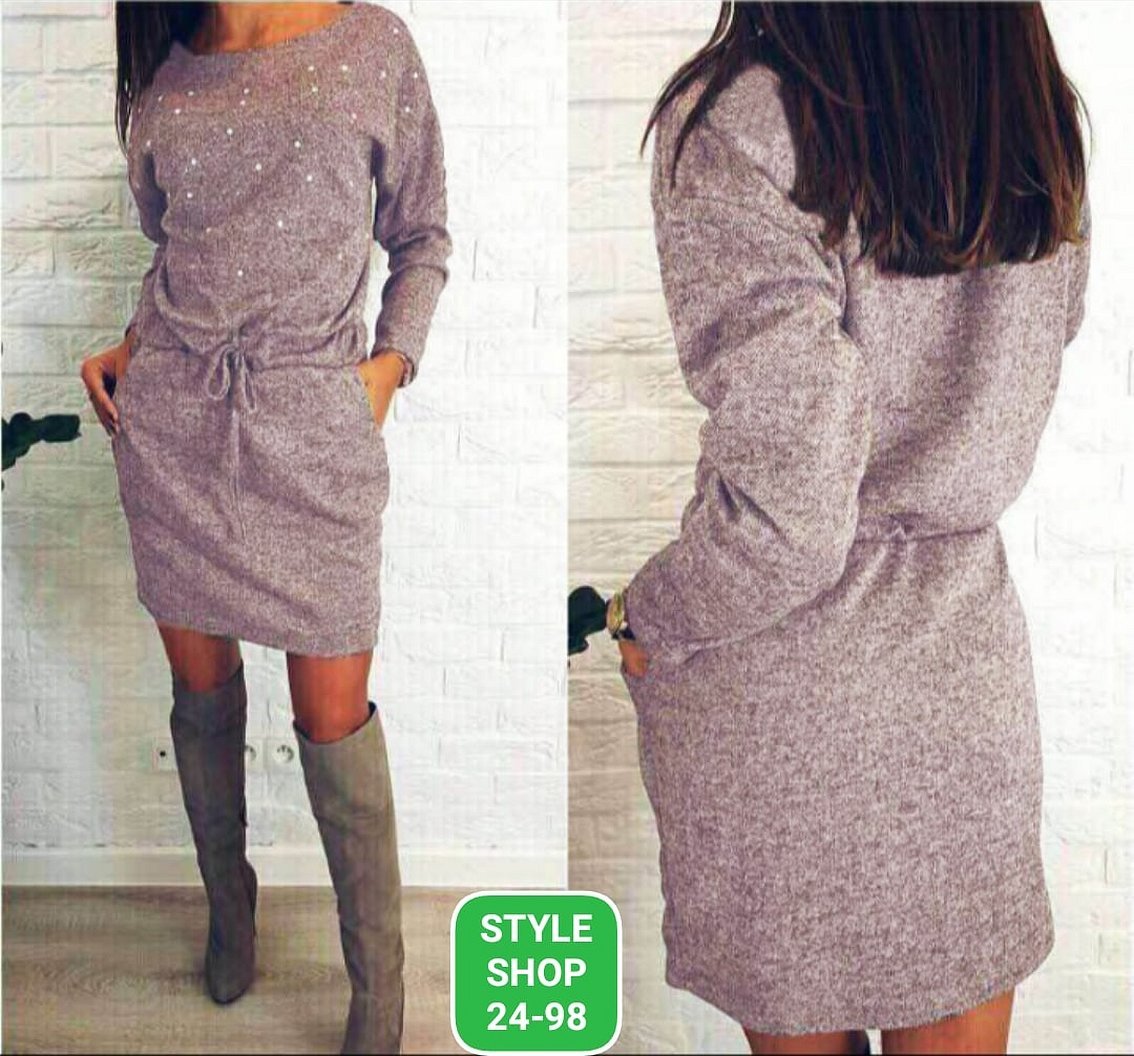
Please note! When buying an angora product, be sure to study the composition of the fibers. It is important here what additives were used in the production of the fabric. This is required to clarify the question of how to care for the item.
The angora material is soft and pleasant to the touch. Things made from it create comfort and coziness. The fabric requires special care, but it is worth it. Distinctive features of the fabric are softness, lightness and warmth. The product is great to wear, it retains heat, does not prickle and does not cause allergic reactions. The material has a soft and gentle pile.
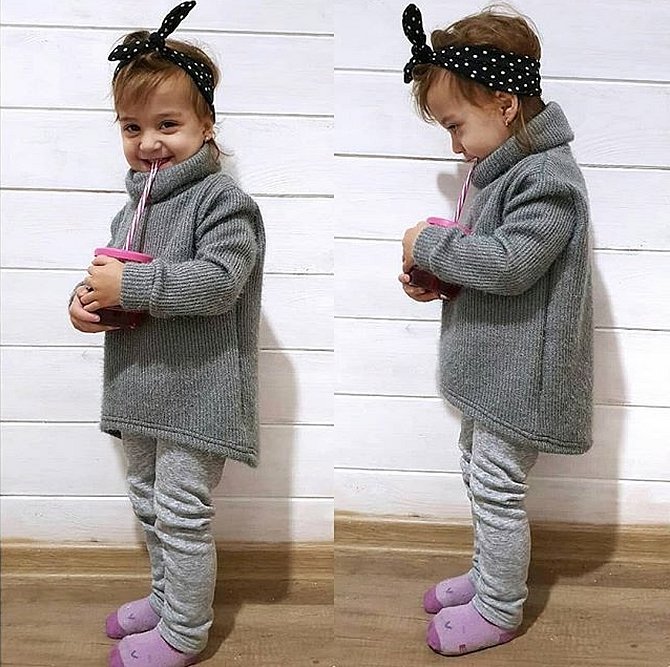
Fabrics made from the down of Angora goats are very expensive and rare. They are called "mohair". But fabrics made from the down of rabbits are called "angora" in constant use.
Types of Angora
Manufacturers offer several types of fabric to the buyer. They differ in the type of animal whose down was used and the presence of additional fibers. The main types are:
- Mohair – made from goat down, soft and fluffy material, very expensive.
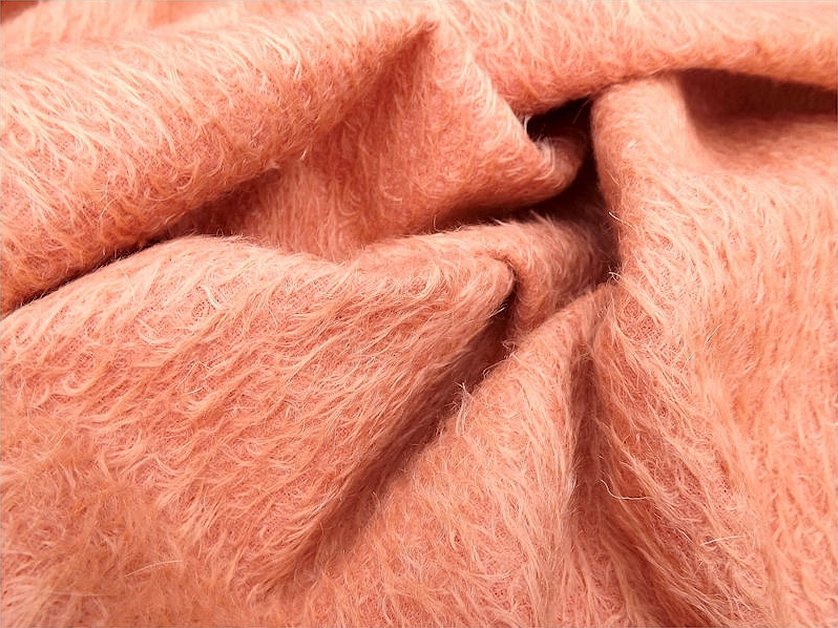
- Angora - rabbit fluff is used for it, but not more than 20%, because the fabric is loose and fragile. Short fluff tends to come out of the yarn.
- Melange – animal fur is diluted with artificial fillers of contrasting colors. Up close it looks like marble chips.
- Supreme is a fine-structured angora knit. Lycra is added to the fabric, so the fabric stretches well and does not change shape.
- Soft is an artificial material. What is angora knitwear? It is an imitation of animal fluff. Elastane and polyester are used in production. The fabric is made with a pile surface and smooth. Lurex is often added to it and festive outfits are sewn. If you are allergic to lurex, then such clothes should be worn over cotton underwear.
Please note! The label always indicates what kind of down the fabric is made of.
If there is a WN symbol, then it is goat down, if there is a WA symbol, then it is rabbit down. The fabric can be used to sew both adult and children's clothing. Many companies produce clothing from angora. French, Italian, and Polish firms are quite well known.
With lurex
Separately, we should consider fabric with the addition of lurex. The result is an attractive and bright material, from which mainly only festive outfits are sewn. Manufacturers offer a huge number of colors, so that every woman can choose a type of fabric in accordance with her appearance.
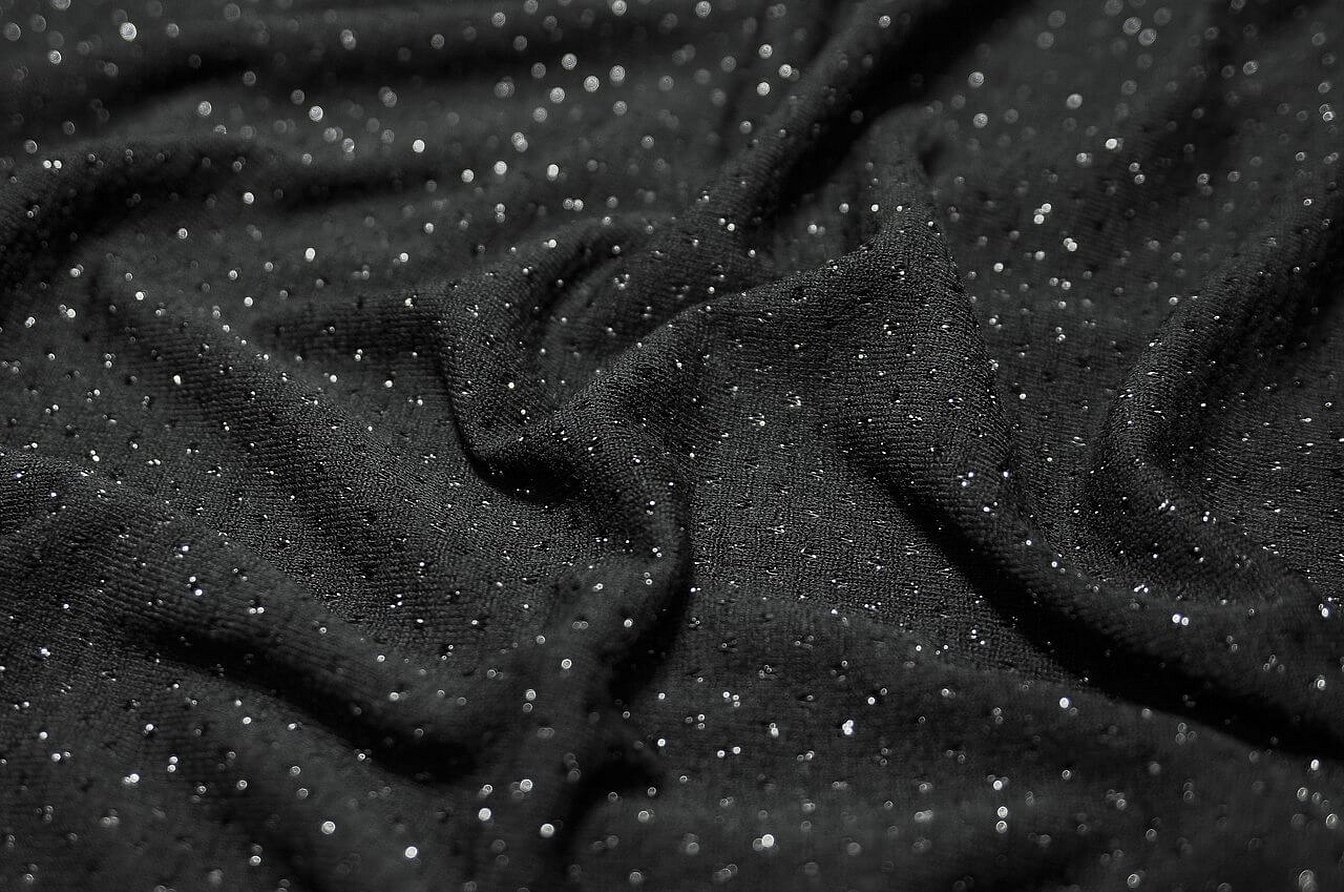
How to care for angora products
Items made from any type of angora fabric must be handled carefully and gently. They should not be washed frequently; it would be more humane to take them to a dry cleaner.
If you are forced to do the laundry yourself, you must follow some rules:
- The fabric may stretch significantly after washing and change the size of the product.
- The item should be washed by hand in lukewarm water, without applying force, and without wrinkling.
- It is better to pour a few spoons of baby shampoo into the water. Hold the product in soapy water on both sides.
- Rinse the item in warm water as well. Do not wring it out.
- Place the item on a terry towel and blot thoroughly. Drying is also required in an unfolded form on a dry towel, periodically changing them. The drying process is delayed due to this fact, but the item will not change.
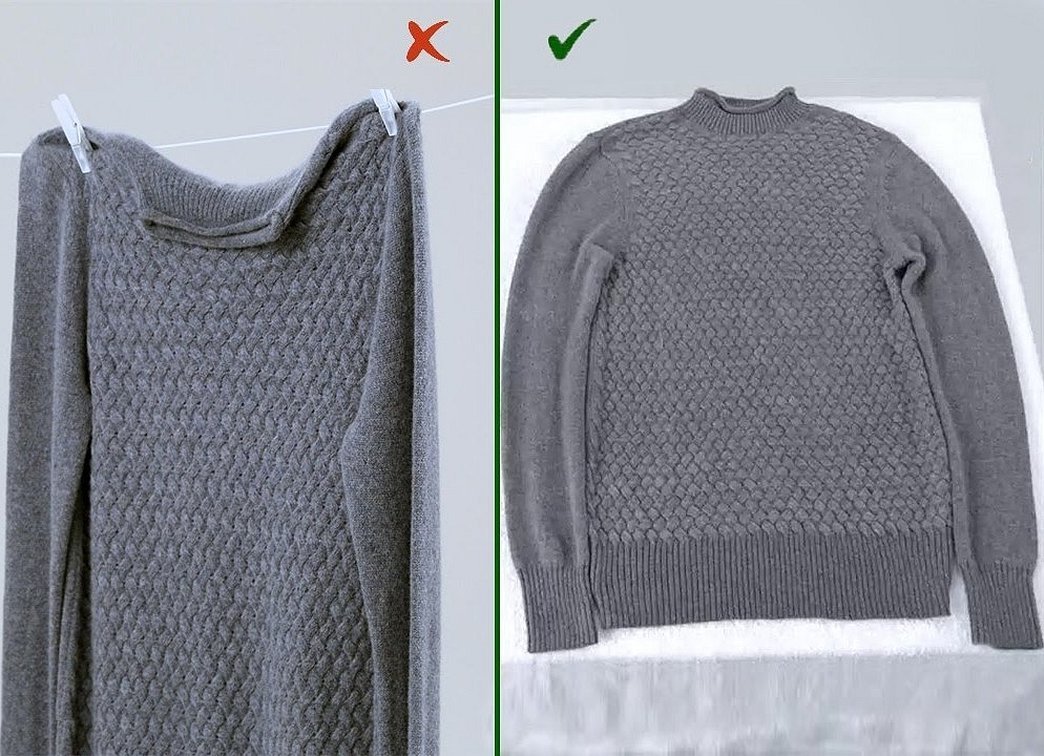
After complete drying, you need to comb the fabric to give the item a nice look. It is better to wash children's items yourself, but take adult items to the dry cleaner.
Advantages and disadvantages of fabric
The fabric has many advantages:
- tender and soft, fluffy and cozy;
- silky to the touch and pleasant to the eye;
- weightless;
- keeps warm in cold and warm weather;
- comfortable to use, does not prickle and does not cause allergies;
- The material can be painted in any color.
Despite the huge number of positive aspects, this fabric also has disadvantages:
- products made from this material are not durable;
- may become deformed and wear out quickly when worn;
- when washed, it can stretch, changing size;
- Natural fluff is eaten by moths.
Please note! If you take good care of an item, it will please its owner for quite a long time.
In Russia, angora clothing is in special demand, only warm and body-warming things help to survive severe and long cold weather. For children, hats, scarves and mittens are salvation, they are warm and not prickly.

